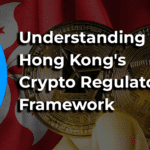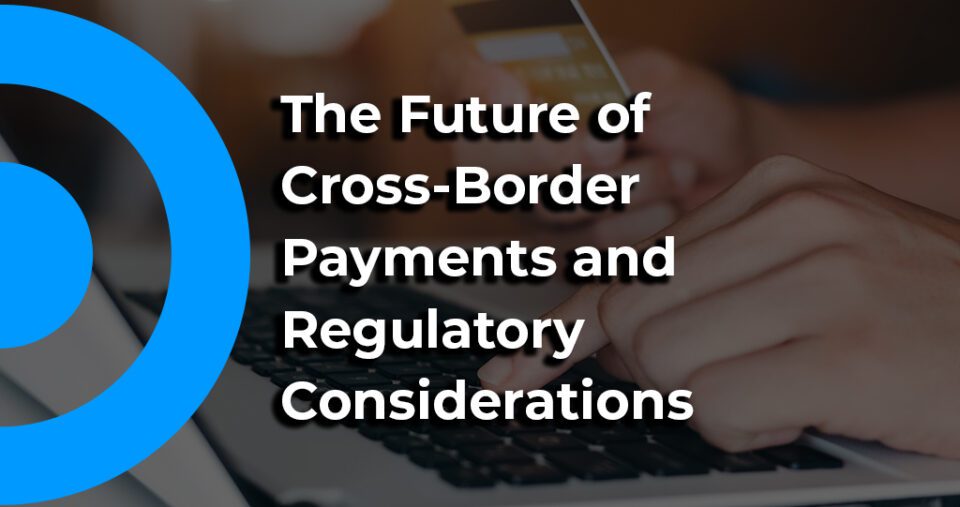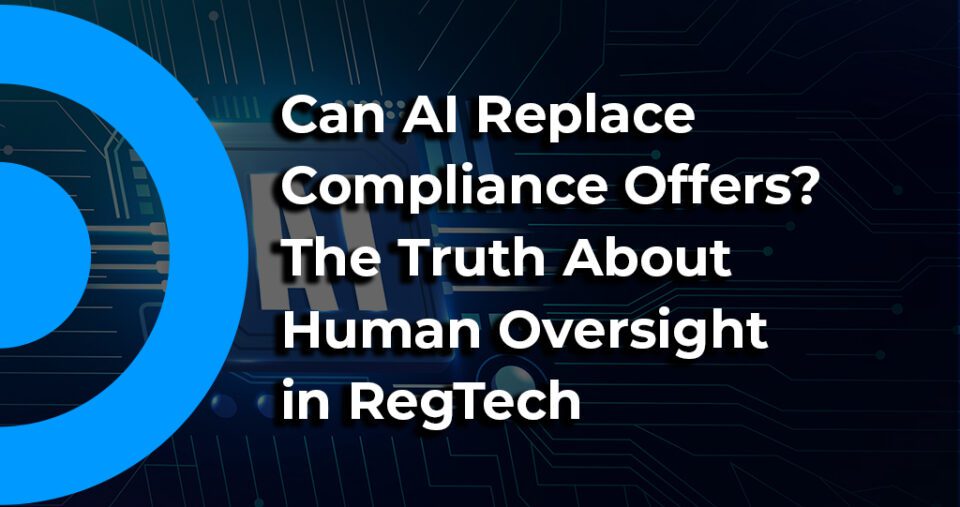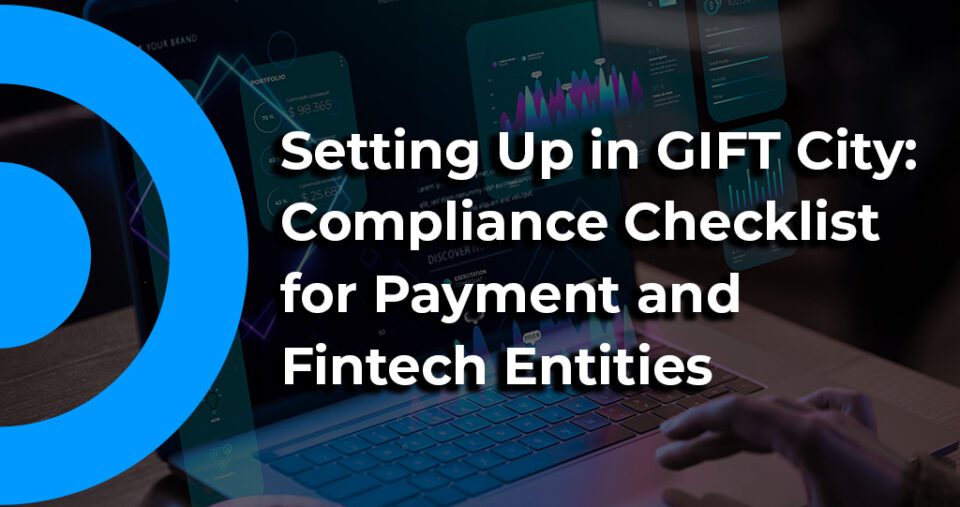
Understanding Hong Kong’s Crypto Regulatory Framework
August 2, 2024
Future of Canadian MSB: Trends and Outlook
August 19, 2024
Hong Kong MSOs: Latest Update & Future Trend
The Hong Kong MSO landscape is undergoing a period of rapid transformation, shaped by the interplay of technological advancements and regulatory evolution. This article delves into the complexities of operating in this dynamic environment, focusing on the challenges and opportunities presented by fintech and regulatory changes.
The Fintech Revolution and Its Impact on MSOs
Fintech is reshaping the MSO industry, offering opportunities to enhance efficiency, expand services, and improve customer experience. Key fintech applications include:
- Blockchain Technology: Facilitating secure and transparent cross-border transactions, reducing settlement times, and enhancing traceability.
- AI and Machine Learning: Optimizing customer onboarding, fraud detection, and risk assessment processes.
- Regtech: Streamlining compliance functions through automated solutions, reducing operational costs, and mitigating regulatory risks.
A recent study by Capgemini found that 45% of financial institutions in Asia Pacific have adopted AI in their operations, with MSOs increasingly leveraging this technology to improve customer experience and operational efficiency.
Read more about MSO License Application Process in Hong Kong
Emerging Trends and Future Outlook
The MSO industry in Hong Kong is poised for further evolution. Key trends to watch include:
- Open Banking: Leveraging open banking APIs to create new revenue streams and enhance customer engagement.
- Embedded Finance: Integrating financial services into non-financial platforms to expand market reach.
- Virtual Assets: Navigating the regulatory landscape for virtual asset-related services while managing associated risks.
The Regulatory Landscape: A Complex Maze
The Hong Kong Monetary Authority (HKMA) has imposed stringent regulations on MSOs to mitigate financial crime risks. Compliance with Anti-Money Laundering (AML) and Counter-Terrorism Financing (CTF) requirements has become a cornerstone of the industry.
- Enhanced Due Diligence: MSOs are required to conduct extensive due diligence on customers, including beneficial ownership verification and ongoing monitoring of transaction patterns.
- Recordkeeping: Detailed transaction records must be maintained for a minimum of five years, necessitating robust record-keeping systems.
- Suspicious Activity Reporting (SAR): MSOs are obligated to report suspicious transactions to the Joint Financial Intelligence Unit (JFIU), demanding vigilant monitoring and analysis.
The increasing regulatory burden has led to significant compliance costs for MSOs. A recent report by KPMG estimated that compliance expenses account for an average of 20% of operating costs for Hong Kong MSOs.
The Fintech Revolution: A Double-Edged Sword
Fintech innovations offer MSOs opportunities to enhance efficiency, expand services, and improve customer experience. However, the integration of these technologies also presents challenges.
- Blockchain Technology: While blockchain has the potential to revolutionize cross-border remittances by providing transparency and security, interoperability issues and scalability concerns persist.
- Artificial Intelligence (AI): AI-powered solutions can optimize customer onboarding, fraud detection, and risk assessment. However, the development and implementation of AI models require substantial investments in data infrastructure and talent.
- Cybersecurity: The increased reliance on technology exposes MSOs to cyber threats. Robust cybersecurity measures are essential to protect sensitive customer data and maintain operational resilience.
Cross-Border Remittances: A Core Business Line
Hong Kong has long been a global hub for cross-border remittances, with MSOs playing a pivotal role in facilitating these transactions. However, the industry has faced challenges due to regulatory tightening and the emergence of new competitors.
- Market Size: According to the World Bank, the total value of remittances sent to the Philippines from Hong Kong in 2022 was approximately $30 billion, highlighting the significant market opportunity for MSOs.
- Regulatory Impact: Anti-money laundering (AML) and counter-terrorism financing (CTF) regulations have increased compliance costs for MSOs engaged in cross-border remittances.
- Competition: The rise of fintech companies offering lower-cost remittance services has intensified competition for MSOs.
The Rise of Virtual Assets: A Double-Edged Sword
The surge in virtual assets has presented both opportunities and challenges for MSOs. While some MSOs have ventured into the virtual asset space, the regulatory landscape remains uncertain.
- Market Potential: The growing adoption of virtual assets has created new revenue streams for MSOs, such as cryptocurrency exchange and custody services.
- Regulatory Challenges: The regulatory framework for virtual assets in Hong Kong is still evolving, creating uncertainty for MSOs seeking to enter this market.
- Reputational Risk: The volatile nature of the virtual asset market exposes MSOs to reputational risks.
The Road Ahead: Challenges and Opportunities
The MSO industry in Hong Kong faces a complex and dynamic operating environment. To thrive, MSOs must:
- Embrace Technology: Leverage fintech solutions to enhance operational efficiency, improve customer experience, and develop new products.
- Strengthen Compliance: Invest in robust compliance systems to mitigate regulatory risks.
- Diversify Revenue Streams: Explore new business opportunities beyond traditional remittance services.
- Build Strong Customer Relationships: Prioritize customer satisfaction through excellent service and personalized offerings.
The future of the MSO industry in Hong Kong is contingent upon the ability of MSOs to adapt to changing market conditions and regulatory requirements. By embracing innovation and focusing on customer needs, MSOs can navigate the challenges and capitalize on the opportunities presented by this dynamic sector.
Read more about How to Get Crypto License in Hong kong
The Complexities of Obtaining an MSO License in Hong Kong
Securing an MSO license in Hong Kong is a rigorous process, demanding meticulous compliance with a multifaceted regulatory framework. Key considerations include:
- Corporate Structure: Establishing a suitable legal entity, often a limited liability company, is the first step. Adherence to local incorporation laws and regulatory guidelines is paramount.
- Shareholder Due Diligence: Comprehensive background checks on shareholders are mandatory. The HKMA scrutinizes the financial standing, reputation, and criminal records of all shareholders.
- Business Plan: A detailed business plan outlining the MSO’s operations, target market, financial projections, and risk management strategies is essential.
- AML/CTF Compliance: Demonstrating robust anti-money laundering and counter-terrorism financing measures is crucial. This includes implementing robust customer due diligence (CDD), transaction monitoring, and suspicious activity reporting (SAR) procedures.
- Financial Requirements: Adequate capital reserves are necessary to meet regulatory stipulations and ensure the MSO’s financial stability.
- Key Personnel: The qualifications and experience of key personnel, particularly those involved in compliance and risk management, are closely examined.
The MSO License in Hong Kong unlocks doors to a dynamic financial market brimming with opportunities. By understanding the intricacies of the application process, the crucial requirements, and the competitive edge Hong Kong offers, you can make an informed decision.
Need of additional guidance or assistance in preparing for the MSO license application or any related tasks, do not hesitate to reach out to Paycompliance.



